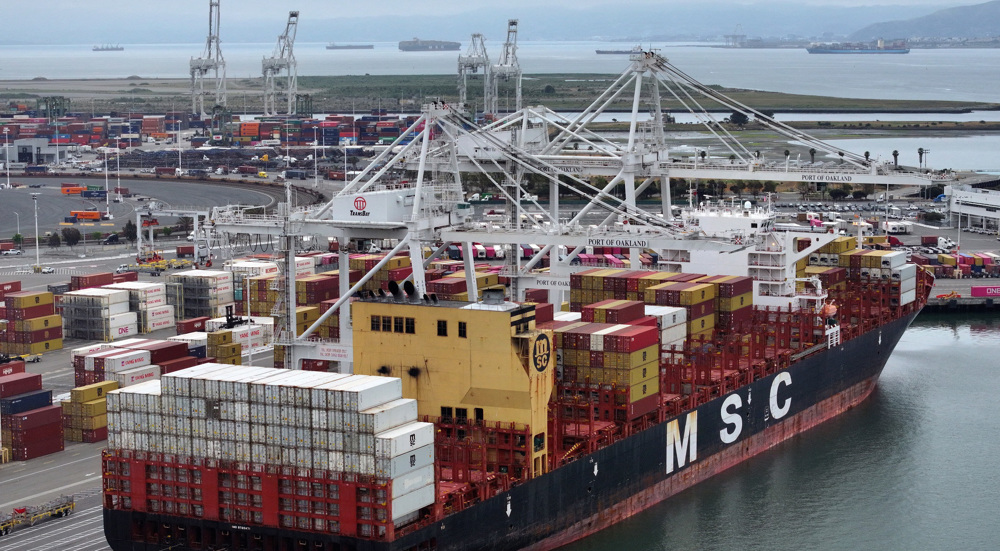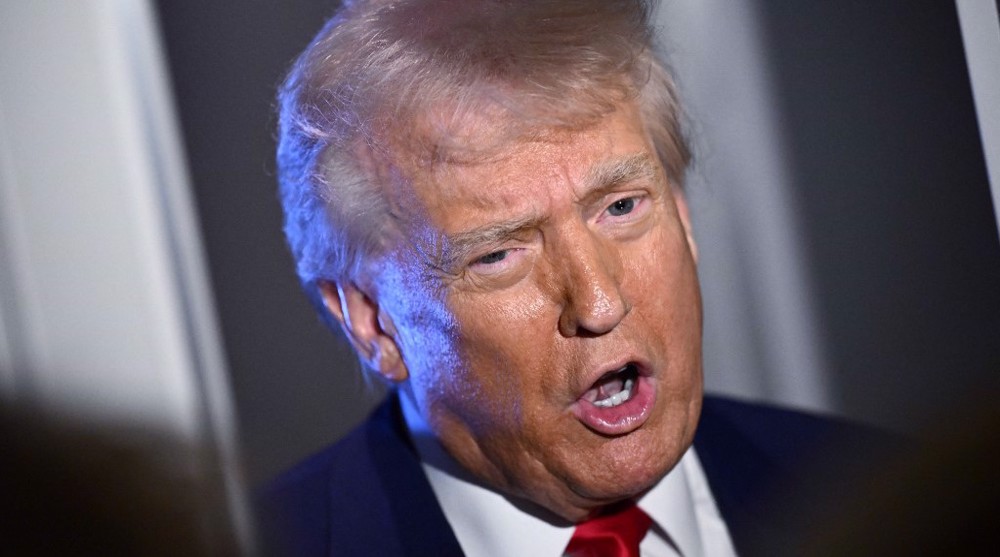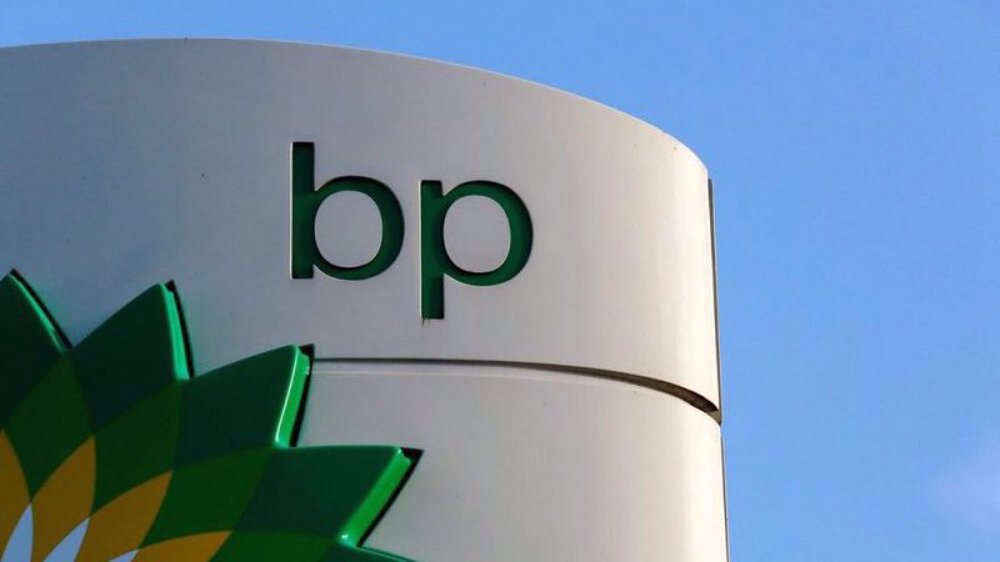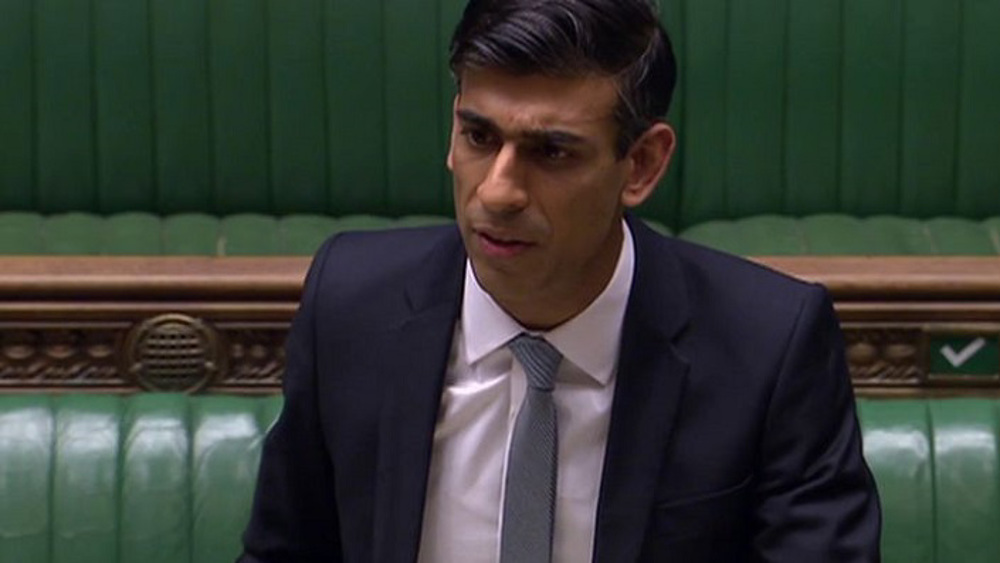Chancellor Rishi Sunak in desperate bid to kickstart the economy
The Chancellor of the Exchequer, Rishi Sunak, has introduced a post-lockdown “kickstart scheme” to help alleviate the impact of the coronavirus-induced recession.
The central feature of the £30 billion plan is centered on a Value Added Tax (VAT) cut on food, accommodation and attractions for the next six months from 20 percent to 5 percent.
Other important features include introducing a jobs retention bonus reward for employers who bring back workers from furlough with £1000 paid for every recovered employee.
This element of the scheme will potentially cost £9 billion, provided all nine million furloughed workers are swiftly returned to work.
Furthermore, the threshold for paying stamp duty will be temporarily increased from £125,000 to £500,000 until March 31, 2021, which in practical terms means the average stamp duty bill will fall by around £4,500.
Addressing the House of Commons, the Chancellor acknowledged the gloomy economic outlook by warning that “hardship lies ahead” but vowed “no-one” will be left “without hope”.
However, Sunak did not fully explain how the scheme will be eventually paid for.
This has touched off a flurry of speculation with some commentators claiming it will be paid for through borrowing and tax rises in the mid to long term.
The scheme was immediately attacked by the opposition Labour party which claimed it does not go far enough and that the job retention money should be better targeted to prevent it going to firms that were already planning to bring staff back.
"We were promised a 'New Deal', but what we got was a 'Meal Deal'”, the Labour party added.
The kickstart scheme is the Chancellor’s second major fiscal and economic intervention during the coronavirus crisis.

China halts liquefied natural gas imports from US amid tariff war

Negative impact of Trump tariffs on UK economy

BP to be sued in Britain for supplying oil to Israel
VIDEO | Censored in Israel
Hamas slams US decision to scrap UNRWA immunity
Trump’s tariffs spark fears of price hikes, product shortages in US: Report
UN offers condolences to Iran after deadly Bandar Abbas explosion
US airstrikes hit seized Israel-linked ship in Yemen: Report
Israeli settlers cut water supply to Palestinians in West Bank
VIDEO | Austria protests mourn Gaza deaths
Ex-spy chief urges ‘revolt’ against Israeli regime; says Tel Aviv must be ‘stopped’








 This makes it easy to access the Press TV website
This makes it easy to access the Press TV website